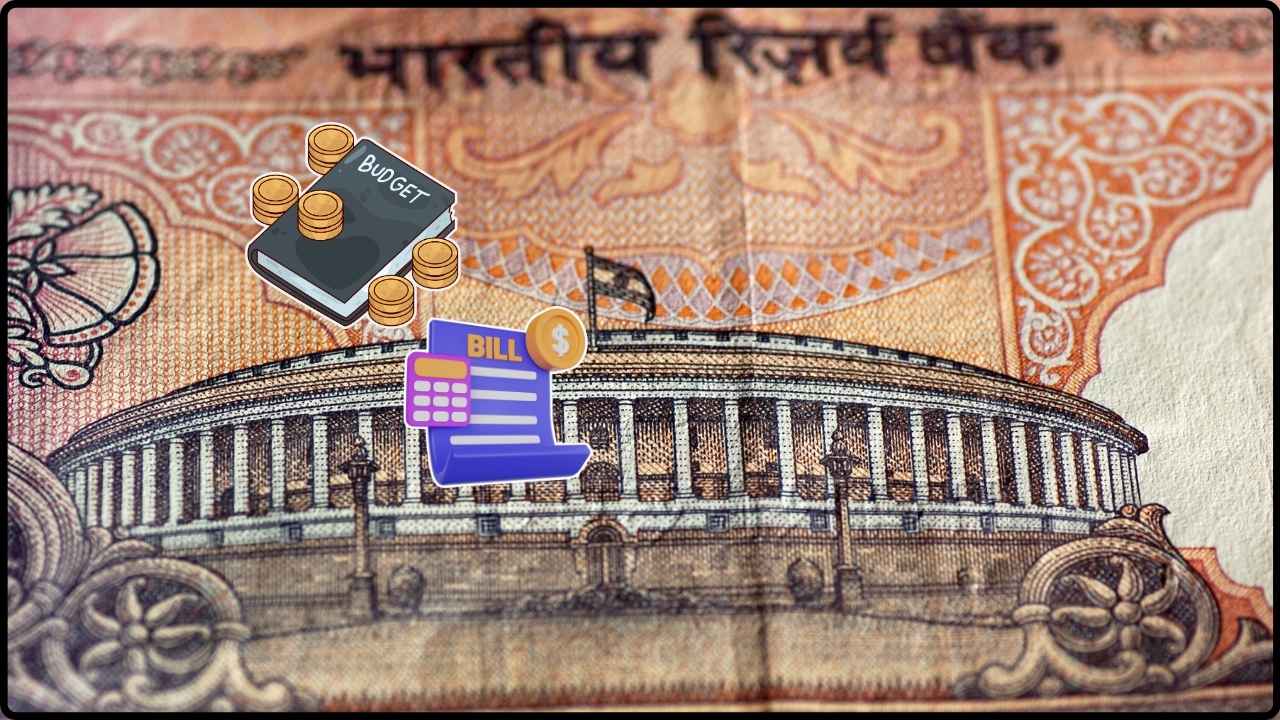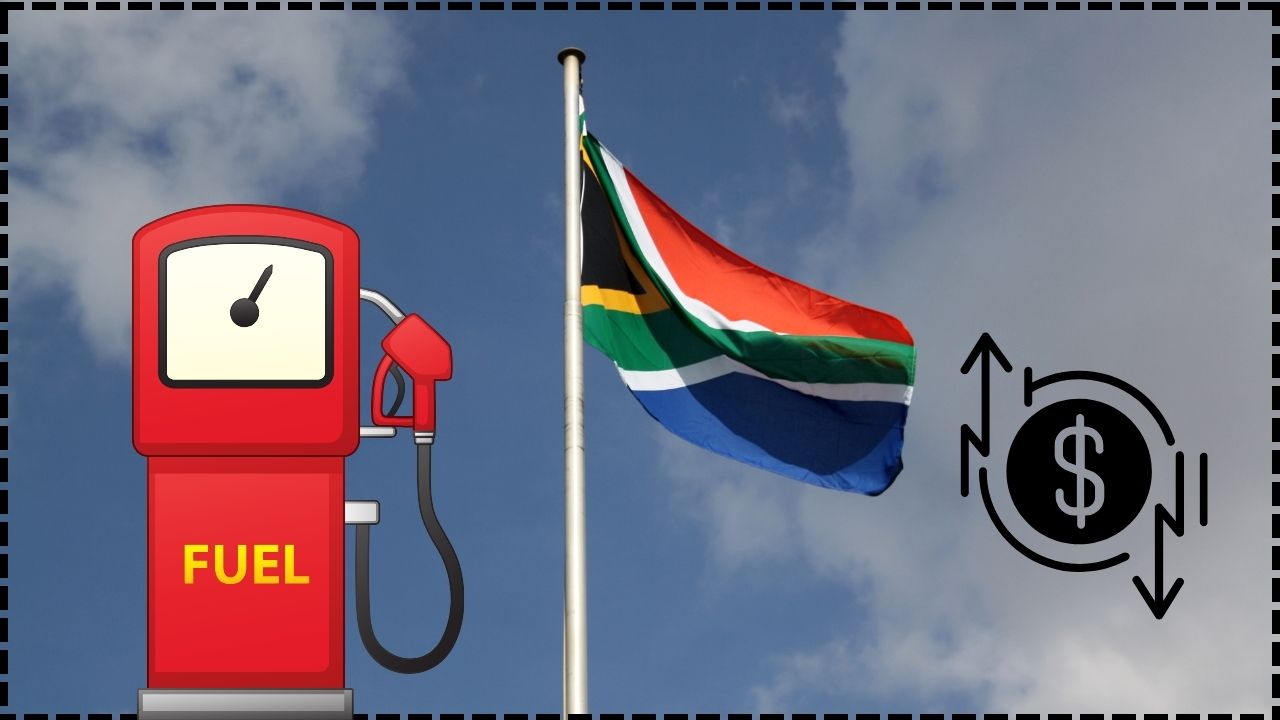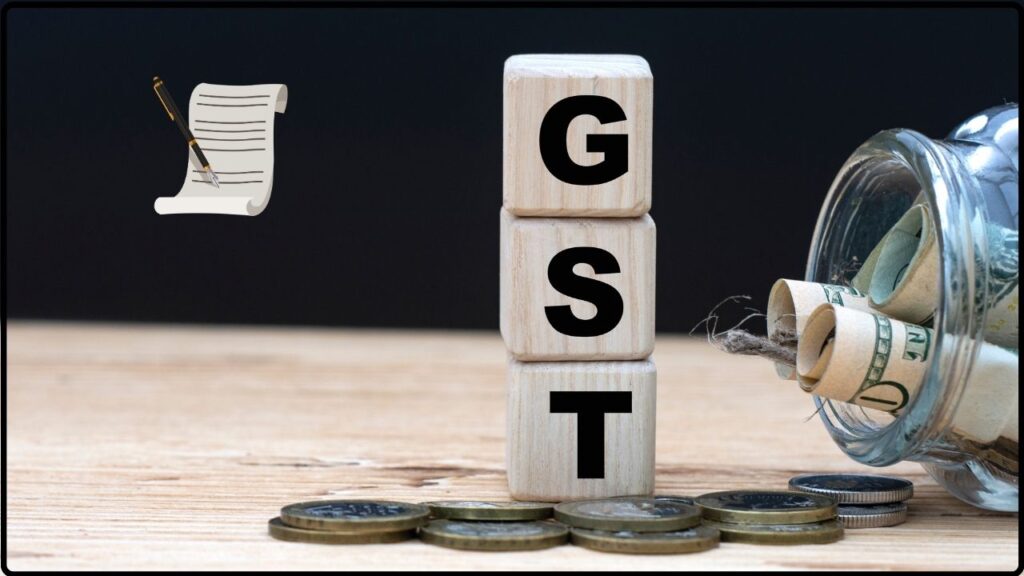
GST Ordinance & Anti-Doping Amendments Hit Lok Sabha: India’s Parliament is moving full steam ahead on two new legislative efforts that could change the nation’s trajectory — in business and sports alike. The Manipur GST (Amendment) Ordinance, 2025 and the National Anti-Doping (Amendment) Bill, 2025 have landed in the Lok Sabha, aiming to modernize critical sectors and sync India more closely with global standards. While one of these laws is all about fixing loopholes in India’s tax system for a northeastern state, the other is about making sure Indian athletes play fair and clean — and avoid global embarrassment. These aren’t just minor policy tweaks. If passed, they could permanently reshape how India does business and how it competes on the world sports stage.
GST Ordinance & Anti-Doping Amendments Hit Lok Sabha
India’s recent legislative push isn’t just a matter of ticking boxes. It’s about building a more credible, competitive, and consistent system — whether in economics or ethics. The Manipur GST (Amendment) Ordinance strengthens federal financial unity, while the National Anti-Doping (Amendment) Bill restores India’s standing in the global sports community. These reforms reflect India’s growing maturity on the world stage. By tightening its internal processes, India sends a loud message to the world: it’s ready to lead — with integrity, transparency, and ambition.
| Feature | Details |
|---|---|
| New Laws Discussed | Manipur GST (Amendment) Ordinance, 2025 & National Anti-Doping (Amendment) Bill, 2025 |
| Presented By | Finance Minister Nirmala Sitharaman and Sports Minister Mansukh Mandaviya |
| Focus Areas | Regional tax reform (GST in Manipur), Clean sports governance aligned with WADA |
| Legal Mechanism | Ordinance for GST, Parliamentary bill for Anti-Doping |
| Purpose | Harmonize tax laws and ensure international compliance with anti-doping protocols |
| Official Resources | PRS India – Anti-Doping Bill, GST Portal |
Understanding the Manipur GST (Amendment) Ordinance, 2025
What is GST?
GST, or Goods and Services Tax, is India’s single tax system launched in 2017 to consolidate various state and central taxes into one. It’s similar to how the United States handles federal sales taxes, only more centralized in India’s case.
Under GST, all businesses pay the same kinds of taxes across states, with very few exceptions. But as India’s economy evolves, so must its tax code — especially in states that lag behind on aligning with central rules.
Why Manipur?
The Manipur GST (Amendment) Ordinance was promulgated on June 9, 2025, by the President of India because Parliament was not in session. This ordinance specifically brings Manipur’s GST framework in line with updates made to the Central GST Act through the Finance (No. 2) Act, 2024.
Manipur’s case is unique. As a northeastern state with special economic and logistical considerations, aligning its laws with central statutes ensures uniformity across the Indian tax system and facilitates better compliance, ease of business, and investment inflow.
Major Amendments Introduced
- Section 74A Added: This section provides power to waive tax, interest, or penalties in cases where businesses followed government practices in good faith.
- Penalty Restructuring: More clarity on penalties for non-compliance, reducing subjective interpretations.
- Appellate Timeline Revisions: Businesses now have standardized windows to appeal tax decisions or seek redress.
This ordinance mirrors changes in the central GST laws and serves as a template for other states that may need similar updates in future.
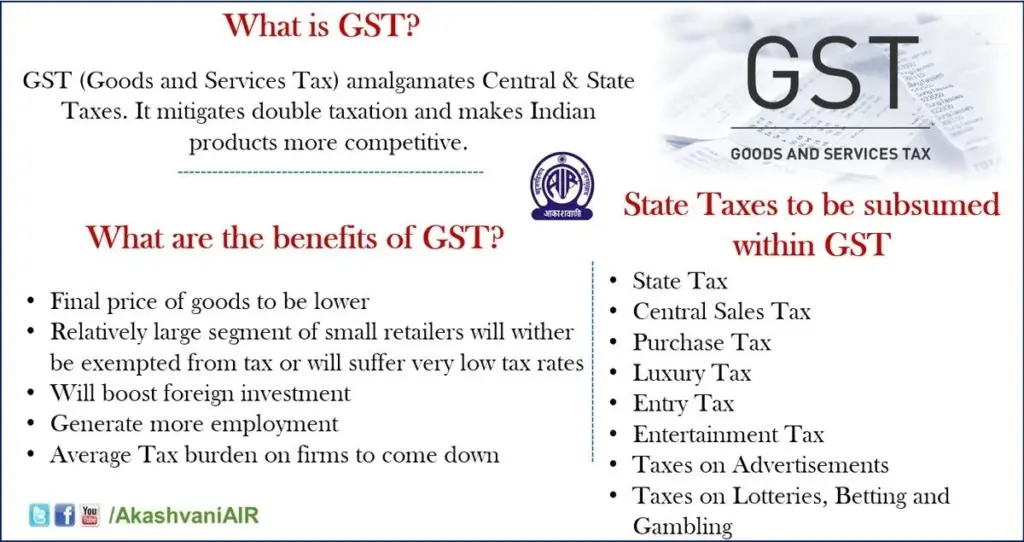
Historical Context
Since GST was launched in 2017, several Finance Acts have made tweaks and improvements, but not all states have implemented them uniformly. Manipur had been operating under slightly outdated GST provisions, which created discrepancies during inter-state trade and audits.
The new ordinance eliminates this gap and ensures Manipur stays on the same page as the rest of the country.
The National Anti-Doping (Amendment) Bill, 2025
India’s Journey with Doping Regulations
India’s first National Anti-Doping Law was passed in 2022 in response to growing concerns over doping violations and lack of standardized enforcement. The law established the National Anti-Doping Agency (NADA) and the National Anti-Doping Disciplinary Panel, among others.
But international scrutiny—particularly from the World Anti-Doping Agency (WADA)—revealed areas of concern, mainly related to lack of operational independence and the government’s excessive influence over appeals and enforcement.
Key Changes in the Amendment Bill
- NADA Autonomy: The bill gives NADA greater independence, allowing it to make decisions without interference from the Sports Ministry.
- Independent Appeals Tribunal: Appeals against sanctions will now be handled by a separate, independent tribunal — giving athletes a fairer shot at justice.
- Elimination of Monetary Penalties for Athletes: Recognizing that fines discourage reporting and cooperation, the amendment removes such penalties.
- Mandatory WADA-Accredited Testing: All drug tests must be conducted at facilities recognized by WADA, ensuring global compliance.
Compliance with WADA
The amendment was also a response to a compliance warning issued by WADA in early 2024. India had the third-highest number of doping violations globally in 2023, behind Russia and Iran. A WADA suspension would have prevented Indian athletes from competing under the national flag at international events like the Olympics and Asian Games.
With these changes, India is demonstrating its willingness to meet global standards and protect the integrity of its athletes.
What the Lawmakers and Experts Are Saying About GST Ordinance & Anti-Doping Amendments Hit Lok Sabha?
During the Lok Sabha session on August 7, 2025, both ministers gave strong statements in support of the bills.
“Manipur’s economic integration is a national priority. This ordinance ensures that local businesses face no disadvantage due to legacy tax rules,” said Finance Minister Nirmala Sitharaman.
“Clean sport is non-negotiable. This amendment ensures athletes are protected and global norms are followed,” stated Sports Minister Mansukh Mandaviya.
Experts across tax and sports policy circles have echoed support for the new initiatives.
“This move is overdue. States like Manipur often face compliance issues because they’re playing catch-up with central rules. This will bring more investment confidence in the Northeast,” said Ramesh Joshi, tax consultant at PwC India.
“Athletes need to feel confident that they’re being judged fairly. This bill makes India’s anti-doping framework far more credible internationally,” added Dr. Poonam Verma, a sports governance specialist at the Indian Institute of Sports Science.
Potential Criticisms and Concerns
While the bills are largely being welcomed, critics have raised the following concerns:
- Ordinance Route: Opposition parties argue that using an ordinance to amend GST sidesteps full parliamentary debate and weakens democratic process.
- Implementation Lag: Sports federations are unsure whether they have the resources or training to implement the new anti-doping provisions immediately.
- Legal Challenges: Legal analysts caution that appeals tribunals must be truly independent in function and not just on paper.
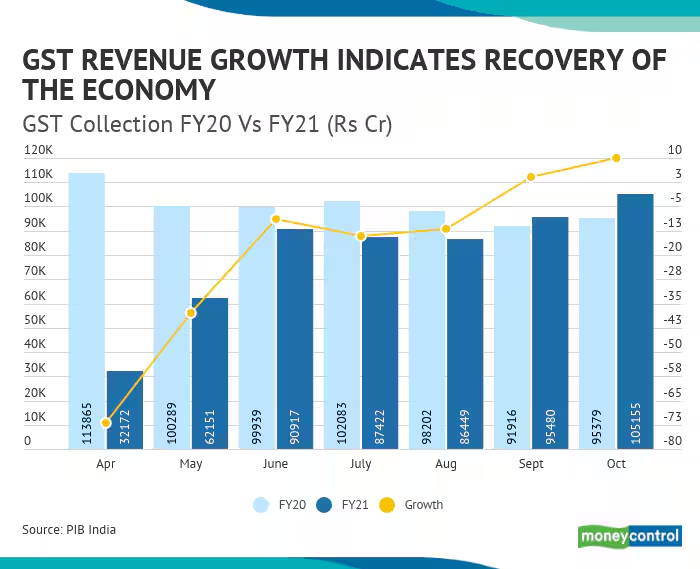
How Do These Changes Compare Globally?
| Country | Tax Reform Type | Anti-Doping System |
|---|---|---|
| India | GST (state + central) | NADA, WADA compliant (post-2025) |
| USA | State & federal tax, no GST | USADA, fully independent |
| UK | Value-Added Tax (VAT) | UK Anti-Doping Agency |
| Australia | GST since 2000 | Sport Integrity Australia |
These reforms bring India closer to international best practices in both financial governance and athletic regulation.
What’s Next?
The two pieces of legislation are currently being debated in Parliament. If passed:
- The GST changes will become part of Manipur’s official tax law and may encourage other states to pass similar updates.
- The Anti-Doping Bill will be sent to the Rajya Sabha (Upper House) before becoming law. Once enacted, NADA will roll out new operating procedures, updated education programs, and revised testing protocols.
Practical Advice for Stakeholders
Business Owners in Manipur
- Update your accounting systems to reflect new GST provisions.
- Consult your tax advisor regarding new penalty structures and compliance timelines.
Indian Athletes and Coaches
- Review the updated anti-doping handbook and banned substances list.
- Attend training workshops organized by NADA.
- Ensure that supplements are certified by WADA-compliant labs.
Legal and Policy Professionals
- Analyze the amendments for consistency with international laws.
- Track implementation via PRS Legislative Research and Gazette notifications.
- Review case studies on WADA compliance for comparative analysis.
Gauhati HC Rules GST SCN Invalid Without Personal Hearing Date
No GST on UPI Payments — Government Clears the Air in Rajya Sabha
Businessman Arrested in ₹34 Crore GST Scam — Shocking Details Emerge


